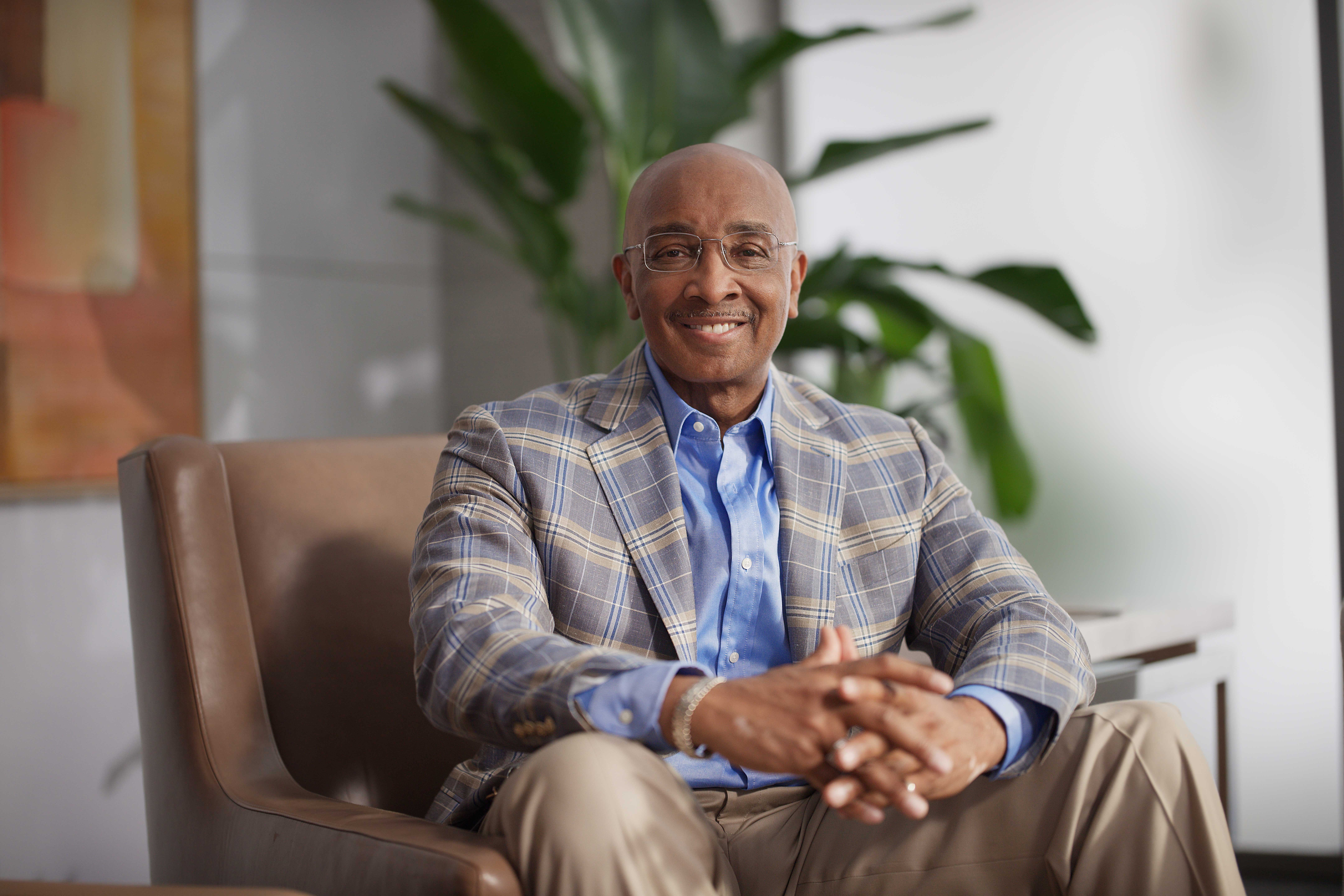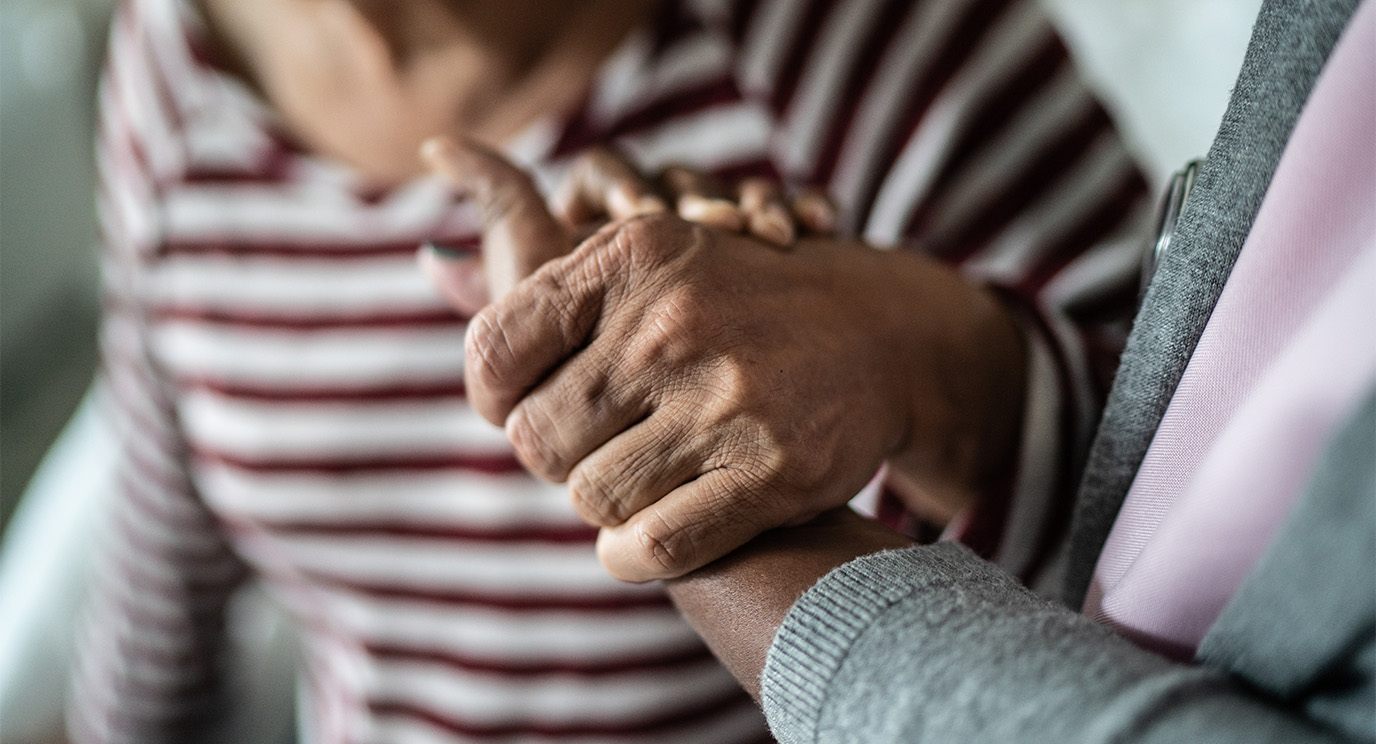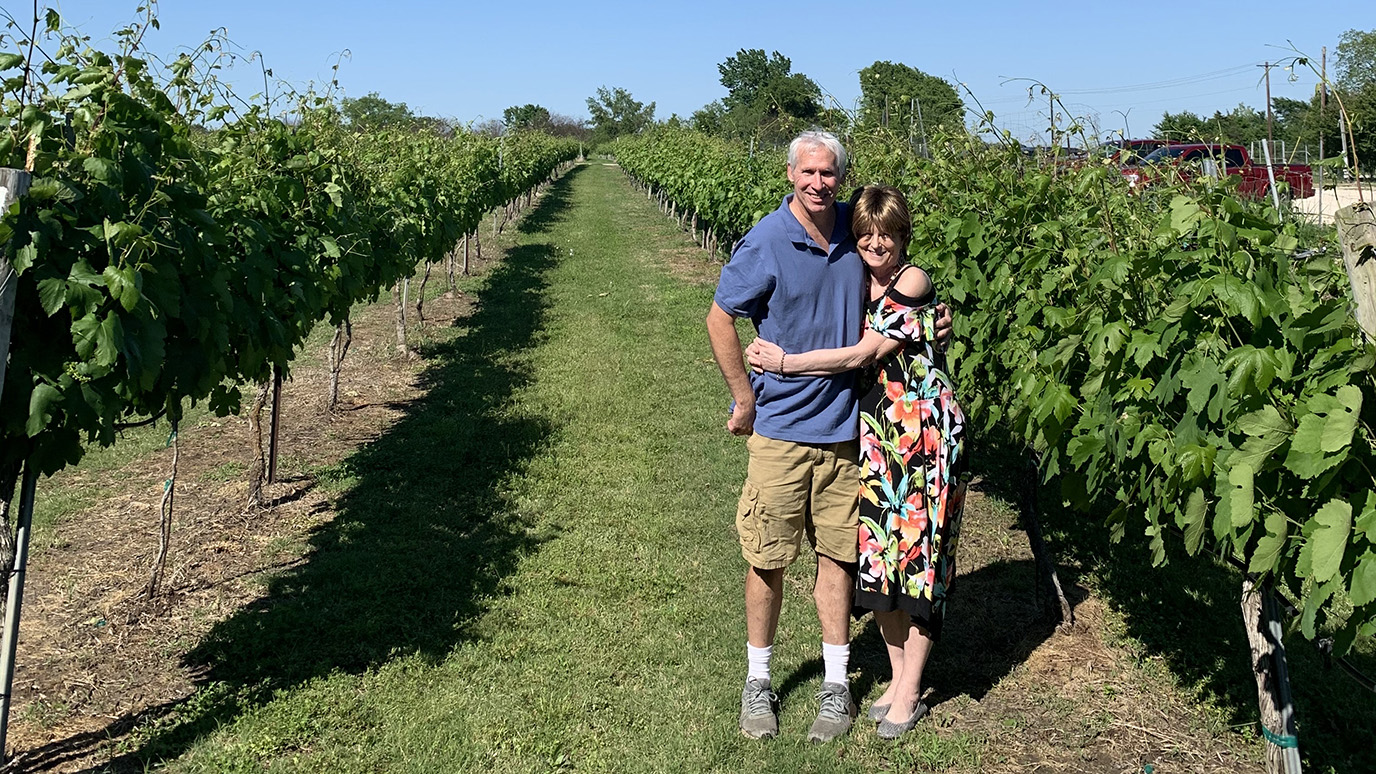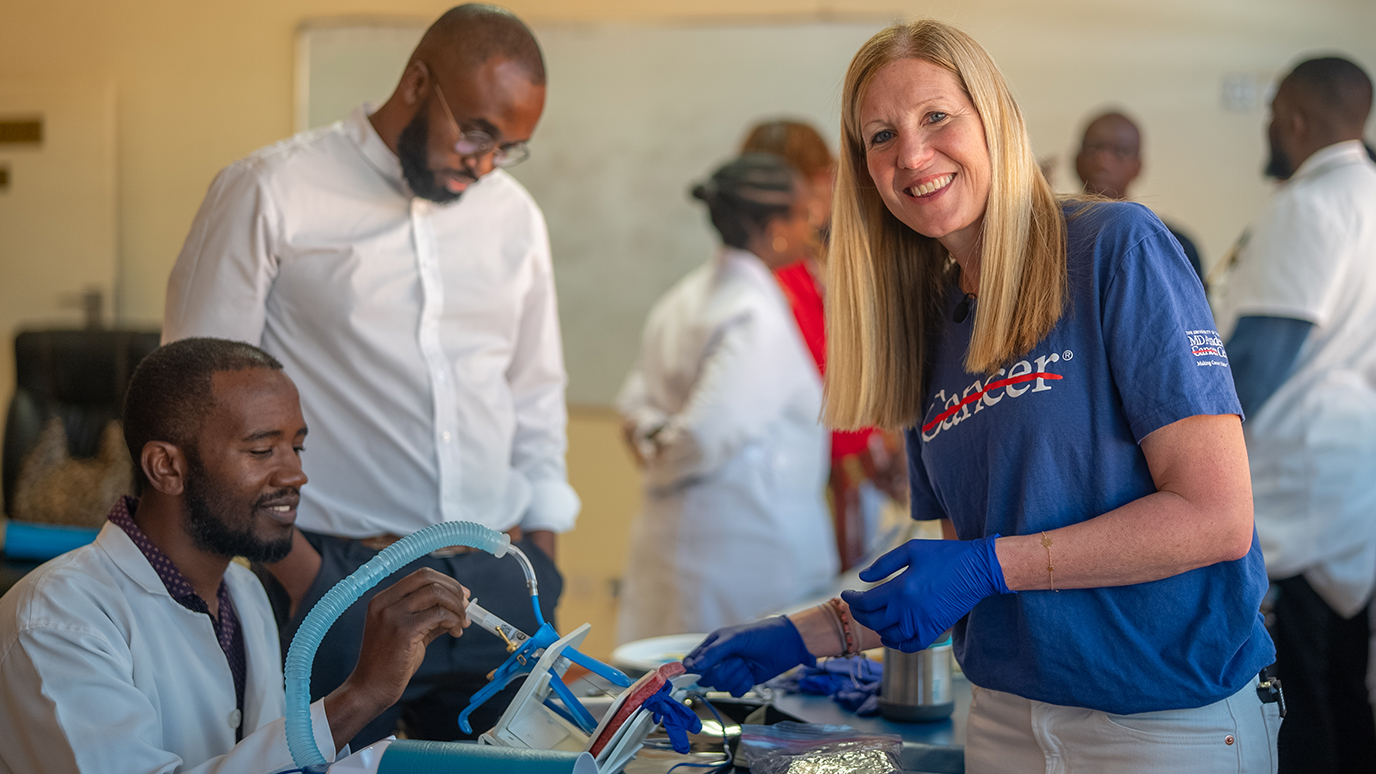- Diseases
- Acoustic Neuroma (14)
- Adrenal Gland Tumor (24)
- Anal Cancer (66)
- Anemia (2)
- Appendix Cancer (16)
- Bile Duct Cancer (28)
- Bladder Cancer (68)
- Brain Metastases (28)
- Brain Tumor (228)
- Breast Cancer (712)
- Breast Implant-Associated Anaplastic Large Cell Lymphoma (2)
- Cancer of Unknown Primary (4)
- Carcinoid Tumor (8)
- Cervical Cancer (154)
- Colon Cancer (164)
- Colorectal Cancer (110)
- Endocrine Tumor (4)
- Esophageal Cancer (42)
- Eye Cancer (36)
- Fallopian Tube Cancer (6)
- Germ Cell Tumor (4)
- Gestational Trophoblastic Disease (2)
- Head and Neck Cancer (6)
- Kidney Cancer (124)
- Leukemia (346)
- Liver Cancer (50)
- Lung Cancer (288)
- Lymphoma (284)
- Mesothelioma (14)
- Metastasis (30)
- Multiple Myeloma (98)
- Myelodysplastic Syndrome (60)
- Myeloproliferative Neoplasm (4)
- Neuroendocrine Tumors (16)
- Oral Cancer (98)
- Ovarian Cancer (172)
- Pancreatic Cancer (166)
- Parathyroid Disease (2)
- Penile Cancer (14)
- Pituitary Tumor (6)
- Prostate Cancer (144)
- Rectal Cancer (58)
- Renal Medullary Carcinoma (6)
- Salivary Gland Cancer (14)
- Sarcoma (234)
- Skin Cancer (294)
- Skull Base Tumors (56)
- Spinal Tumor (12)
- Stomach Cancer (60)
- Testicular Cancer (28)
- Throat Cancer (90)
- Thymoma (6)
- Thyroid Cancer (98)
- Tonsil Cancer (30)
- Uterine Cancer (78)
- Vaginal Cancer (14)
- Vulvar Cancer (18)
- Cancer Topic
- Adolescent and Young Adult Cancer Issues (20)
- Advance Care Planning (10)
- Biostatistics (2)
- Blood Donation (18)
- Bone Health (8)
- COVID-19 (362)
- Cancer Recurrence (120)
- Childhood Cancer Issues (120)
- Clinical Trials (622)
- Complementary Integrative Medicine (22)
- Cytogenetics (2)
- DNA Methylation (4)
- Diagnosis (224)
- Epigenetics (6)
- Fertility (62)
- Follow-up Guidelines (2)
- Health Disparities (14)
- Hereditary Cancer Syndromes (122)
- Immunology (18)
- Li-Fraumeni Syndrome (8)
- Mental Health (116)
- Molecular Diagnostics (8)
- Pain Management (64)
- Palliative Care (8)
- Pathology (10)
- Physical Therapy (18)
- Pregnancy (18)
- Prevention (882)
- Research (384)
- Second Opinion (74)
- Sexuality (16)
- Side Effects (598)
- Sleep Disorders (10)
- Stem Cell Transplantation Cellular Therapy (216)
- Support (404)
- Survivorship (324)
- Symptoms (182)
- Treatment (1764)
Orthopedic oncology surgeon: Being at MD Anderson allows me to do my best work
5 minute read | Published August 26, 2021
Medically Reviewed | Last reviewed by an MD Anderson Cancer Center medical professional on August 26, 2021
When I was growing up, I played a lot of sports. In high school, one of my favorites was wrestling. And with a lot of practice, I learned that I was really good at it. I was also very competitive. So, when people tried to tell me that I couldn’t win, it only motivated me to work harder — and to show them that they were mistaken.
I love proving the naysayers wrong and solving challenging problems. That’s why I feel so fortunate to work at MD Anderson. Because here, in my role as an orthopedic oncology surgeon, I get to do both.
Discovering a fascination with bone cancers
I first became interested in medicine as a teenager. After interacting with some of my team physicians, I thought, “Wow. This is really cool.” Because here was a group of doctors that got to come to all of our games, see us in action, and then help us recover whenever we got injured. So, I thought I would go into sports medicine.
Then, during my residency, I had some really powerful experiences that made me reconsider. First, an African-American teenager came into the ER with pain in his foot. It turned out to be osteosarcoma, a form of bone cancer. I became very involved in that patient’s care and helped out with his surgery. It piqued my interest in oncology.
A few years later, I was looking into possible fellowships. And I realized there were two that I really wanted to do: spinal oncology and orthopedic oncology. My advisors initially told me to pick just one, because these were some of the most complex and difficult specialties to master.
But I’d noticed a gap in care for patients with spinal tumors, and I wanted to try to fill it. Often, those patients had to deal with two different specialists: an orthopedic oncologist and a spine surgeon. Usually, the latter was good at the spine surgery piece but not necessarily the oncology piece. And, the reverse was also frequently true. So, sometimes, it was as if these doctors were speaking two different languages. And that made it really hard on their patients.
I thought, “If I can get trained in both of these areas, I could bridge that gap.” So, that’s what I did. And now, I do complex spinal and pelvic surgeries on a regular basis.
Making the ‘impossible’ possible at MD Anderson
One of the most exciting parts of my job — and it’s a common theme here at MD Anderson — is that so many patients come to us from other places. Many times, they’ve been told, “No, you can’t have that surgery. Surgery is not possible. It’s too dangerous.” And in some cases, that might be true. But usually, it’s not.
A lot of cancers that are considered inoperable or untreatable elsewhere can be controlled — or even cured — at MD Anderson. You just have to have the right technology, training and people to do it. That’s why I’m so glad I work where I do. Because it’s not just about me having a certain skill set. All of the other pieces have to be in place, too. And MD Anderson has that. We have specialists in every field who come together daily to get the job done. And we know how to work as a team.
Some of the things I do at MD Anderson, I could not do in other environments. That’s why, when I talk to trainees, I tell them, “Look: you will learn a certain skill set while you’re here. But whether or not it can be replicated elsewhere, you will have to assess.” Because at MD Anderson, I have access to all of the resources and talent I need to maximize my skill set. And that’s what gives our patients the best results.
Creating space to support discovery
MD Anderson is a place that really supports discovery. In fact, it’s one of our core values. That’s why I founded the IDEAS Lab here in 2019. I wanted to give both myself and other physicians a way of developing things — such as medical devices and software apps — that could help our patients.
At the time, we were doing a great job of caring for our patients in clinic. We just didn’t have the structure or resources in place in-house to build the tools and devices that we sometimes needed during surgical procedures. And after working for a year in West Africa — where I didn’t even have access to an X-ray machine — it really made me appreciate all the technologies we sometimes take for granted here.
How the IDEAS Lab is helping our patients
The IDEAS Lab lets me and my colleagues take ideas we didn’t have a way of acting on before and make them a reality — whether by creating something entirely new or by improving upon something that already exists. And it’s been a really successful program so far, with many projects moving forward despite the COVID-19 pandemic.
One of the most exciting to me is a spinal implant I developed that reimagines the way we lock the bones of the spine together, during a procedure called fusion. Typically, doctors use an inter-body implant that tries to get the bones to grow through them and merge. They put plates and screws around the implant to lock it in place while that happens.
What makes this implant so unique is that it does all of that — holding the bones together and locking them in place — with just one device. And it’s something that can be used not only to help patients with cancerous tumors of the spine, but also those with degenerative diseases.
Keeping my focus simple
Having so many avenues available to help people is really exciting to me. Because caring isn’t just another of MD Anderson’s core values — it’s also one of mine.
As the eldest of four children, I had a lot of responsibility growing up, looking out for my younger siblings. So, taking care of others comes pretty naturally to me. But seeing people with complex cancers recover and find a new normal brings me a whole different level of satisfaction.
In my mind, many of our patients are heroes. The courage it takes them to go through with some of these surgical procedures is incredible. And despite any functional limitations they might have afterwards, many still manage to overcome any associated challenges and find a way to do the things they want to do.
That’s why I keep a copy of my mantra in my office. I made a little design around it to catch my eye and remind me of what’s important: “When things get complicated, the formula is simple — just help others.”
Justin Bird, M.D., is a surgeon in Orthopedic Oncology at MD Anderson and the director of the IDEAS Lab.
Request an appointment at MD Anderson online or by calling 1-855-526-9738.
Related Cancerwise Stories

I have access to all of the resources and talent I need to maximize my skill set.
Justin Bird, M.D.
Physician





